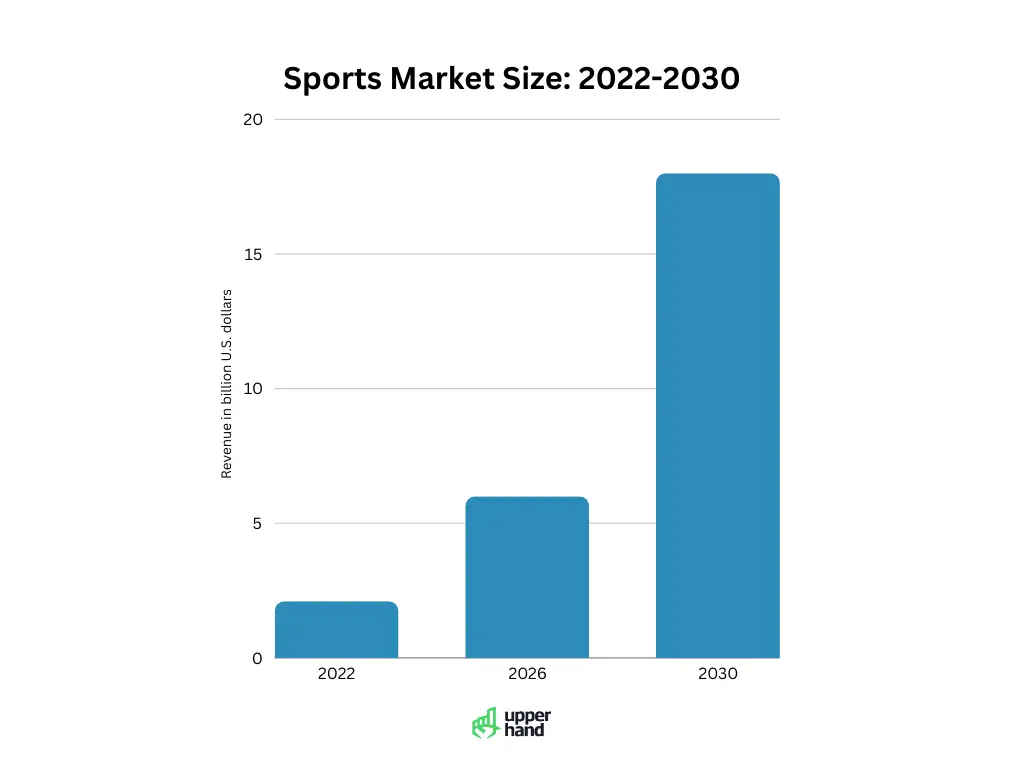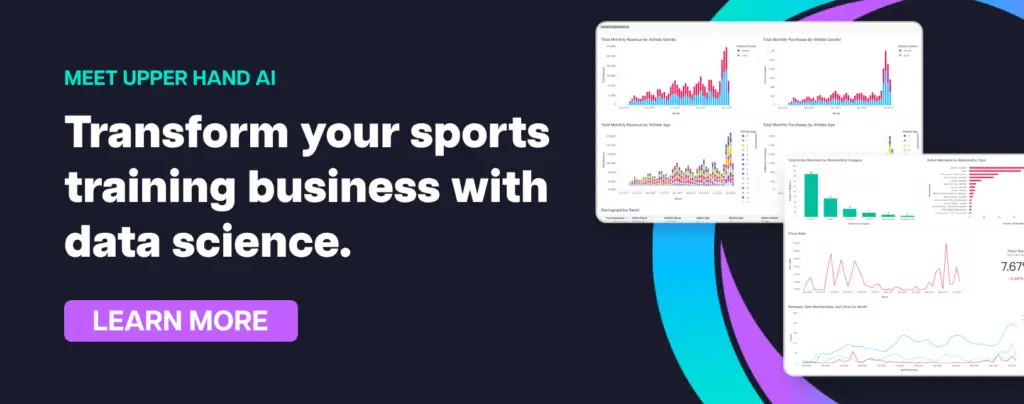Injury Prevention and Player Performance
AI tools can predict potential injury risks by analyzing game schedules and player performance data. This insight allows for the scheduling of adequate rest periods, reducing the likelihood of injuries.
This enables coaching staff to tailor training programs that not only optimize performance but also proactively address any potential health issues.
The result is a more personalized and adaptive training routine that can dynamically adjust to the athlete’s current physical state, reducing the risk of overtraining and ensuring athletes’ performance is in peak condition for their scheduled events.
Fan Experience Enhancement
Beyond scheduling, AI enhances the overall fan experience through virtual reality (VR) and augmented reality (AR) technologies, offering immersive ways to enjoy sports.
Fans can now choose from a variety of virtual vantage points, from the sidelines to a bird’s-eye view, or even from the perspective of their favorite athlete during a live game.
This level of immersion is further enhanced by AI’s ability to curate content based on the viewer’s preferences, such as highlighting key plays, providing real-time statistics, and offering interactive learning experiences about the game’s rules or player movements.
Sports Scheduling Coordination
AI assists in coordinating the global sports calendar, ensuring major events do not overlap, and optimizing international viewership.
By analyzing historical viewership data and social media trends across various regions, AI-powered can predict optimal timings for events to maximize global audience engagement.
The strategic planning enabled by AI ensures that fans around the world can enjoy a continuous stream of sports entertainment without the frustration of scheduling conflicts.
The Future and Challenges Ahead
While the potential of AI in sports scheduling and beyond is immense, it also presents challenges. Issues of data privacy, the digital divide among fans, and the need for transparent AI decision-making processes are paramount. As the technology advances, stakeholders must navigate these challenges thoughtfully.
Engaging with the Audience
Consider the impact of a perfectly optimized sports schedule on your experience as a fan. How would it change your engagement with your favorite sports? Or, from a professional perspective, envision the efficiencies and opportunities AI-driven scheduling could unlock.
Conclusion
AI’s role in sports scheduling is just the tip of the iceberg. As we look forward, the integration of AI across the sports industry promises to not only revolutionize how games are planned and experienced but also how they are played and managed.
This exploration encourages you to reflect on how AI-enhanced sports scheduling might improve your enjoyment as a fan or reveal new efficiencies and possibilities from a professional viewpoint. AI’s journey in sports is about revolutionizing the entire landscape of the industry.





